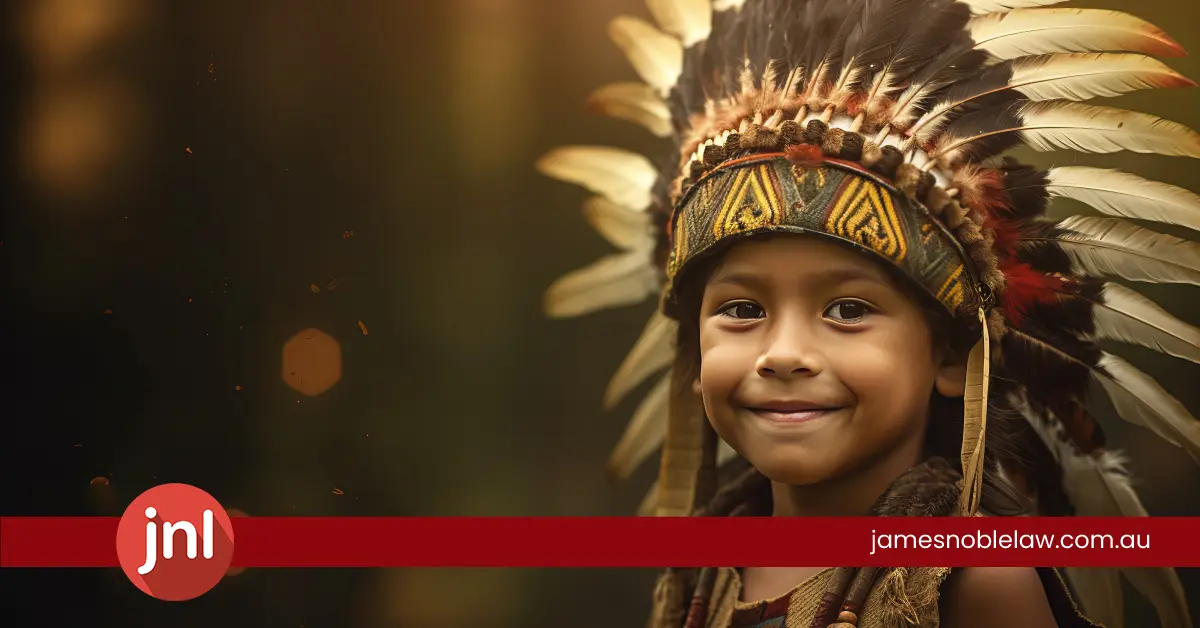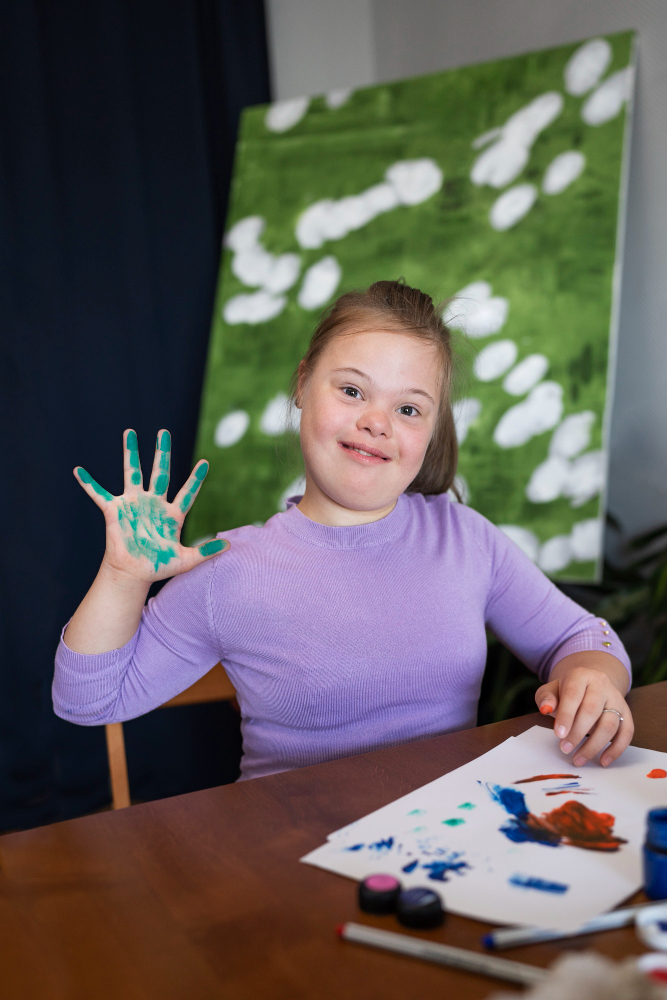

In representing Aboriginal and Torres Strait Islander children, there are clear and specific issues that the ICL must consider. Foremost of these is section 60CC of the Family Law Act 1975 that specifies that in considering the best interests of a child, the court must consider the child’s right to enjoy his or her Aboriginal or Torres Strait Islander culture (including the right to enjoy that culture with other people who share that culture); and the likely impact any proposed parenting order will have on that right.
The ICL should be aware of Article 30 of the United Nations Convention on the Rights of the Child which states that an indigenous child:
“In those States in which ethnic, religious or linguistic minorities or persons of indigenous origin exist, a child belonging to such a minority or who is indigenous shall not be denied the right, in community with other members of his or her group, to enjoy his or her own culture, to profess and practice his or her own religion, or to use his or her own language.”
In cases involving an Aboriginal or Torres Strait Islander child, the ICL should liaise with an agency to which they are referred by the Family Consultant, and as appropriate, facilitate liaison between the Consultant or agency with any single expert, family report writer or other relevant expert retained in the case. This liaison is for the purpose of assisting the ICL to consider the need of the child to maintain “a connection to culture” and how this can most effectively be achieved in considering the case before the court.
It is important that the ICL be familiar with relevant judgments, articles and reports in relation to indigenous issues, in particular the April 1997 report of the Human Rights and Equal Opportunity Commission “Bringing Them Home”, which is the report of the National Inquiry into the separation of Aboriginal and Torres Strait Islander children and their families.
To effectively represent the interests of any indigenous child the ICL must have a clear understanding of the importance of the indigenous child’s “connection to culture” and to understand the means by which this connection can be maintained and enhanced in the context of the case before the court.
The ICL also needs to consider the broader community and extended family support available to the child in recognition of the important role played by extended family members in the raising of indigenous children. That is, the ICL needs to be aware of the capacity of the extended family and community network to promote the best interests of the child. This is likely to entail consultation with extended family members and significant others from within the child’s broader family and cultural group.
In obtaining an expert’s report, the ICL should inquire as to the report writer’s training and experience in working with indigenous families and their capacity to relate to indigenous families in a sensitive and appropriate manner prior to allocating the report to that individual.
The ICL must be satisfied that the report writer has the necessary training, knowledge, and experience to produce a report that comprehensively covers (amongst other matters) the cultural issues pertaining to the case. The single expert, Family Consultant or other relevant expert retained in the case may assist with adducing this evidence before the court.
Children with disabilities

Particular sensitivity is needed to ensure that children with physical, intellectual, mental, and/or emotional disabilities can participate in the decision-making process involved in the proceedings to the extent of the child’s abilities and wish to participate.
The ICL should be aware of Article 23 of the United Nations Convention on the Rights of the Child which states that:
“States parties recognise that a mentally or physically disabled child should enjoy a full and decent life, in conditions which ensure dignity, promote self-reliance and facilitate the child’s active participation in the community.”
(Article 23.1)
The ICL will be assisted by liaison with the existing specialist support to the child in ascertaining the child’s capacity to communicate his or her views, how the expression of such views can be facilitated, and any other relevant needs the child may have.
In obtaining an expert’s report, the ICL should inquire as to the report writer’s training and experience in working with children with disabilities prior to allocating the report to that individual.
The ICL must be satisfied that the report writer has the necessary training, knowledge, and experience to produce a report that comprehensively covers (amongst other matters) the disability issues pertaining to the case. The single expert, Family Consultant or other relevant expert retained in the case may assist with adducing this evidence before the court.
Special medical procedures and other parens patriae/welfare jurisdiction cases (section 67ZC)
The principles stated above apply so far as sterilisation and other parens patriae/welfare jurisdiction cases are concerned.
In special medical procedure cases, a primary duty of the ICL is to present to the court expert evidence to assist in a determination of whether or not the child in question is Gillick competent.
The ICL should be familiar with cases in which the Full Court has dealt with the issue and also of applicable court guidelines and protocols relating to special medical procedures.
Where the evidence indicates that a child is Gillick competent, the ICL should list the matter for the court to determine whether the child is to be given an opportunity to present his or her own case to the court.
Where the evidence indicates that a child is not Gillick competent the ICL cannot consent to the proposed procedure. The ICL should ensure the matter comes before the court as quickly as possible.
The parens patriae/welfare jurisdiction is not an adversarial jurisdiction. The ICL is to gather and file material indicating what options are available to the court and make submissions about the benefits and detriments for the child of each available option.
Need help?
Contact the Brisbane family law team at James Noble Law today for a FREE 20-minute consultation no obligation. To schedule an appointment with one of our Qualified and experienced Affordable Family lawyers in Brisbane.
Find Brisbane family lawyers on Google Maps near you.
You may also like to know more information about the


